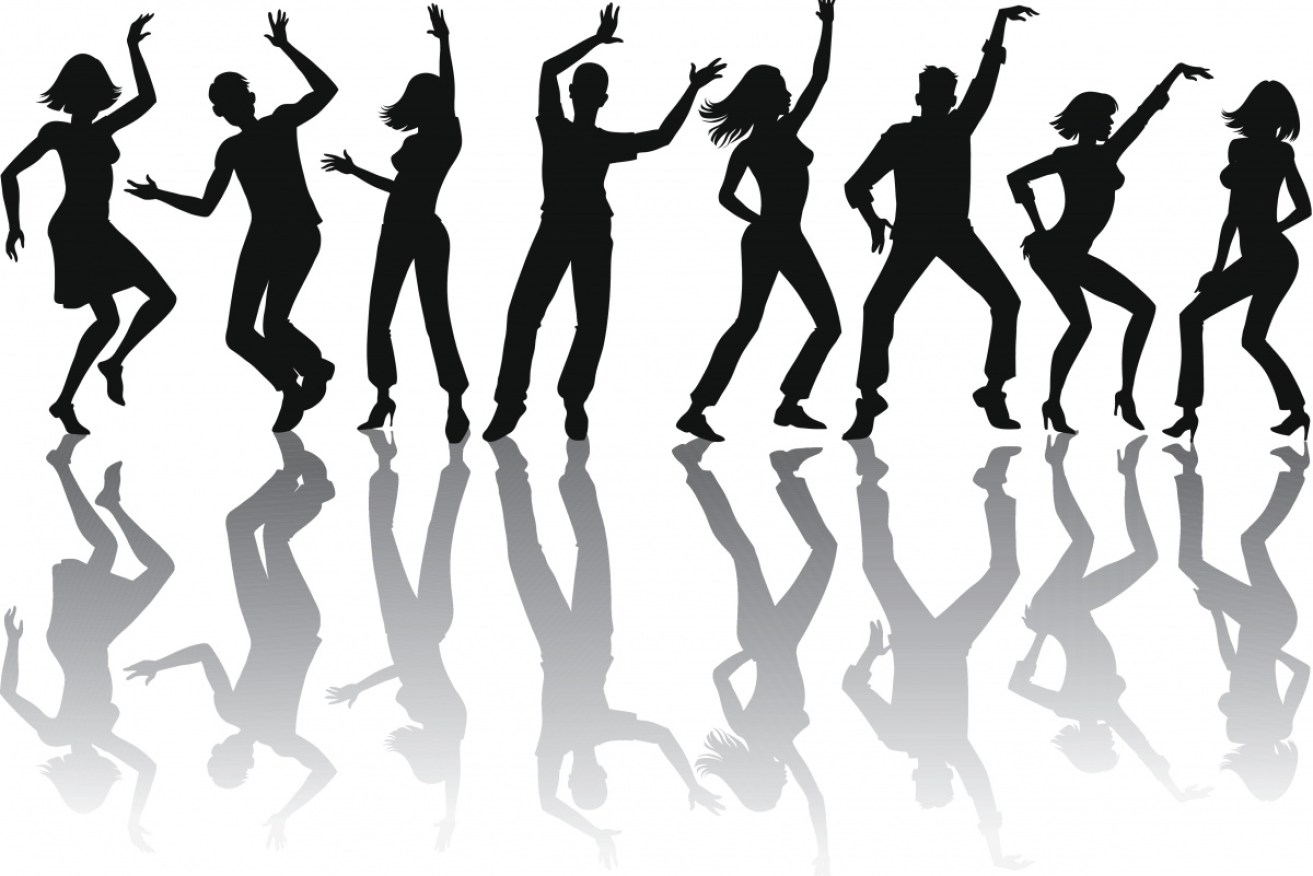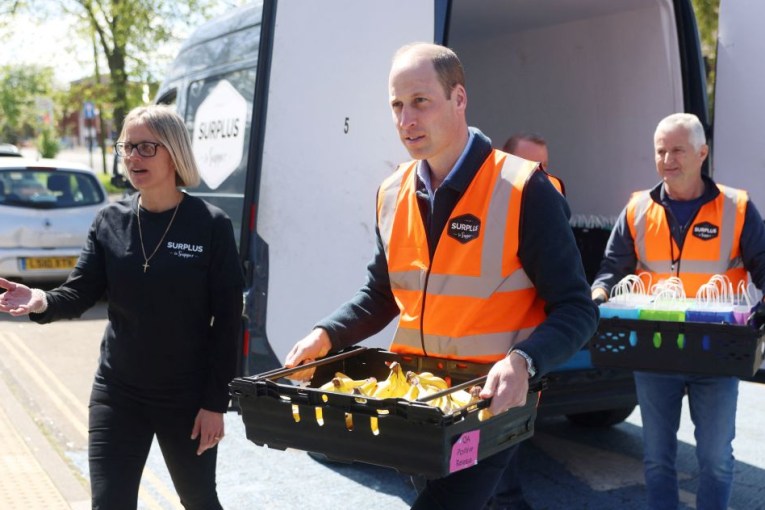Special K: From party drug to a cure for suicidal thoughts


A version of dance-floor psychedelic ketamine is bring trialled as a fast-acting treatment for chronic, crippling depression. Photo: Getty
Earlier in March, a version of the drug ketamine – in the form of a low-dose nasal spray – was approved by the US Food and Drug Administration as a fast-acting remedy for people chronically at risk of killing themselves.
It will be administered in a tightly controlled clinical setting, in tandem with an oral anti-depressant – at a cost of thousands of dollars for a month’s worth of treatment.
Australian researchers and psychiatrists, deeply aware that there are not enough acute hospital beds for people suffering treatment-resistant depression and suicidal ideation, are not only watching this development with interest – they’re saying Australia should be following America’s lead, instead of waiting five years to see how things play out.
Sooner than later
University of Sydney’s Brain and Mind Centre’s Professor Ian Hickie told the ABC: “We need to get into this early, but do it smart. Historically, we get into it late and do it dumb.”
Associate Professor Ajeet Singh, who teaches at Deakin Medical School, and practises psychiatry at The Geelong Clinic told The New Daily that the use of ketamine will be central to an “historic change in how we practise psychiatry”.

It’s not understood how a drug that can knock out a horse can almost immediately lift the spirits of a suicidal person. Photo: Getty
Ketamine, also known as special K, started life as a knock-out drug for horses. It’s progressed to being an effective anaesthetic and pain killer for humans.
As a psychedelic party drug, it’s grown in popularity in the UK, proved simply way too freaky to create a significant market in the US, and has done a little turn on the dance floor in Australia, especially in the 90s.
Growing research supports the move
For some years, a growing number of psychiatrists – buoyed by clinical research, here and here – have come to believe that nothing else works like ketamine to break a patient out of chronic treatment-resistant depression.
There are already clinics in the US where patients are paying $500 for an infusion – an IV treatment – for depression. Three years ago – under the radar – a number of clinics were opened across Australia, with patients reporting positive results, until the TGA closed them down. At least one medical practitioner was formally censured.
At that time, 2015, Professor Colleen Loo, a world leader in ketamine research at the University of New South Wales, said in a news story on the UNSW website:
“There’s been nothing like it in the history of treating depression. Within 24 hours, people went from being severely depressed to being completely well.
“If you look at people who haven’t responded to many other treatments, roughly two-thirds of them will get better with ketamine.”
In 2017, Professor Loo led two world-first studies: a randomised controlled trial (RCT) assessing the efficacy and safety of ketamine as a treatment for depression in elderly patients; and a systematic review into the safety of ketamine as a treatment for depression, published in the prestigious Lancet Psychiatry, that found the risks of long-term ketamine treatment remain unclear.
Psychosis still a risk at small doses
Professor Michael Berk is a NHMRC Senior Principal research Fellow, and is Alfred Deakin Chair of Psychiatry at Deakin University and Barwon Health.
He said there was a risk of abuse – as evidenced in ketamine’s use as a party drug – and it can trigger dissociation and psychosis.
“But that’s more common in higher anaesthetic doses rather than the lower doses given when ketamine is used therapeutically as an anti-depressant,” he said. Even so, the risk is there.
Shadowing the ketamine issue is the opiate crisis that kills tens of thousands of Americans every year: people in chronic pain who can’t afford prescription drugs and turn to cheaper and deadly doses of fentanyl bought on the street.
Won’t the prohibitive cost of the nasal spray, marketed as Spravato, drive people to find an illicit source?
Dr Ajeet Singh said the complications of self-administering black-market ketamine – requiring a low enough dose by injection for the drug to work as an anti-depressant without the person collapsing – means “it probably won’t be as big a bogey man as you might expect”.
He said when the illegal clinics were closed down in 2015 there wasn’t a rush to local drug dealers.
Dr Singh said the ethical and societal issues around ketamine and depression were more profound, and not yet fully mapped. He said the “really interesting bit will be what happens in acute services: everybody wants to be acutely admitted for suicide ideation but there are not enough beds.
“Will there suddenly be emergency departments under pressure to give people, anti- depressant ketamine to get them out of the emergency room. And what happens the next day when it wears off? We don’t know.”
Readers seeking support and information about suicide prevention can contact Lifeline on 13 11 14 or beyondblue on 1300 224 636.








